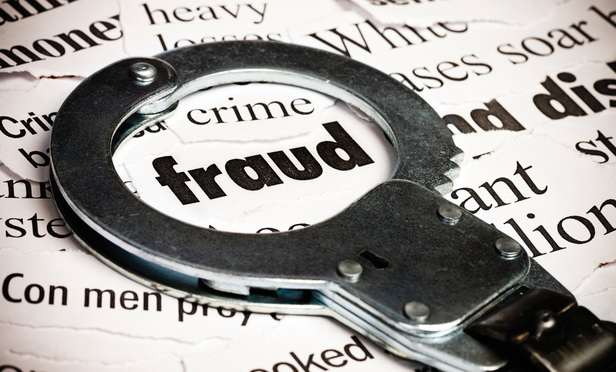Following a lengthy presentation of evidence in a case watched closely by the New York white-collar bar, on Feb. 26, 2016, New York Supreme Court Judge Robert M. Stolz dismissed the top count of the indictment in People v. Steven Davis (the Dewey case),1 which stemmed from the notorious financial meltdown of the Dewey & LeBoeuf law firm. The decision was heralded as a significant victory for the defense and a deep blow to the Manhattan District Attorney’s Office. The dismissal meant that prosecutors could no longer seek a penalty of up to 25 years’ incarceration and highlights the unique challenges faced by New York state prosecutors trying to build complex white-collar cases.
New York state has two primary legal frameworks that are commonly employed by prosecutors to address theft of property cases: Grand Larceny and Scheme to Defraud.2 The Grand Larceny statute (N.Y. P.L §§155.30 to 155.42) makes property theft a felony when the value of the stolen property is greater than $1,000 (N.Y. P.L §155.30), and steps up the severity of the crime based on the value of the property stolen, culminating in Grand Larceny in the First Degree when the $1,000,000 threshold is crossed. Grand Larceny in the First Degree is a Class B felony carrying a mandatory minimum prison sentence of one to three years (N.Y. P.L §§155.42 and 60.04(3)), and a potential maximum sentence of eight and one-third to 25 years (N.Y. P.L §§70.00(2)(b) and 70.00(3)(b)).
This content has been archived. It is available through our partners, LexisNexis® and Bloomberg Law.
To view this content, please continue to their sites.
Not a Lexis Subscriber?
Subscribe Now
Not a Bloomberg Law Subscriber?
Subscribe Now
LexisNexis® and Bloomberg Law are third party online distributors of the broad collection of current and archived versions of ALM's legal news publications. LexisNexis® and Bloomberg Law customers are able to access and use ALM's content, including content from the National Law Journal, The American Lawyer, Legaltech News, The New York Law Journal, and Corporate Counsel, as well as other sources of legal information.
For questions call 1-877-256-2472 or contact us at [email protected]



